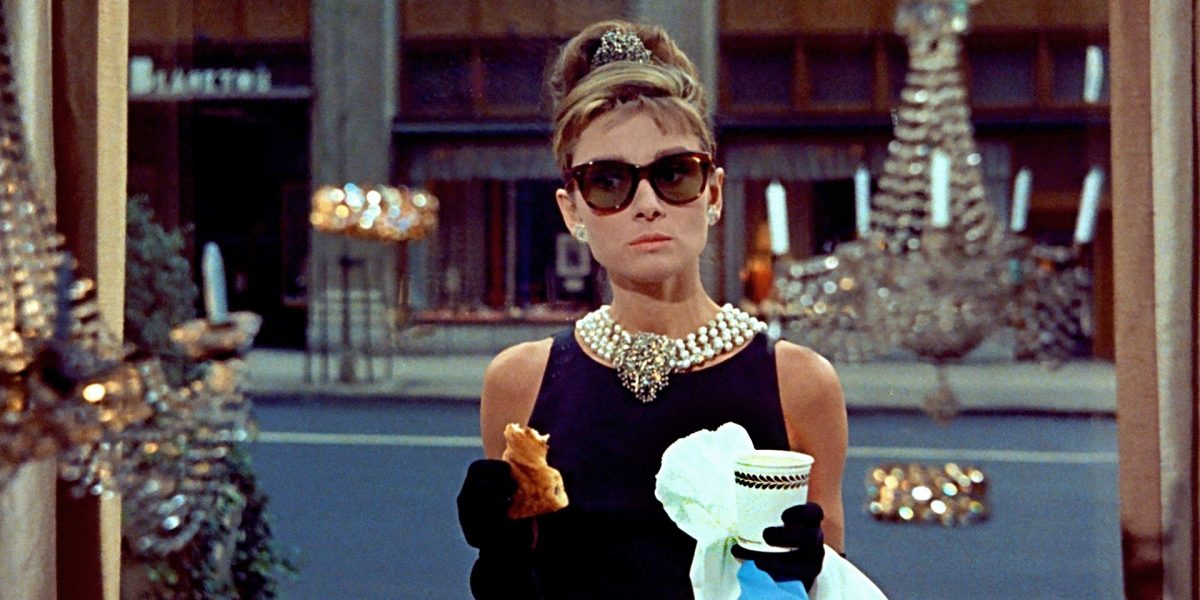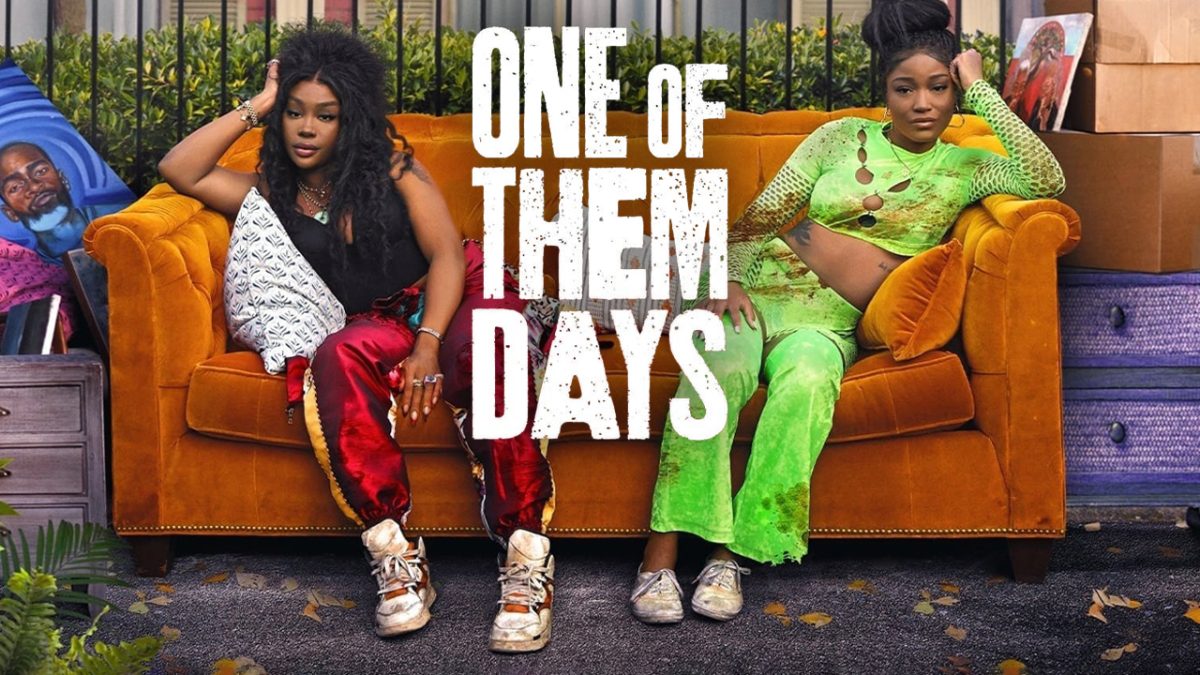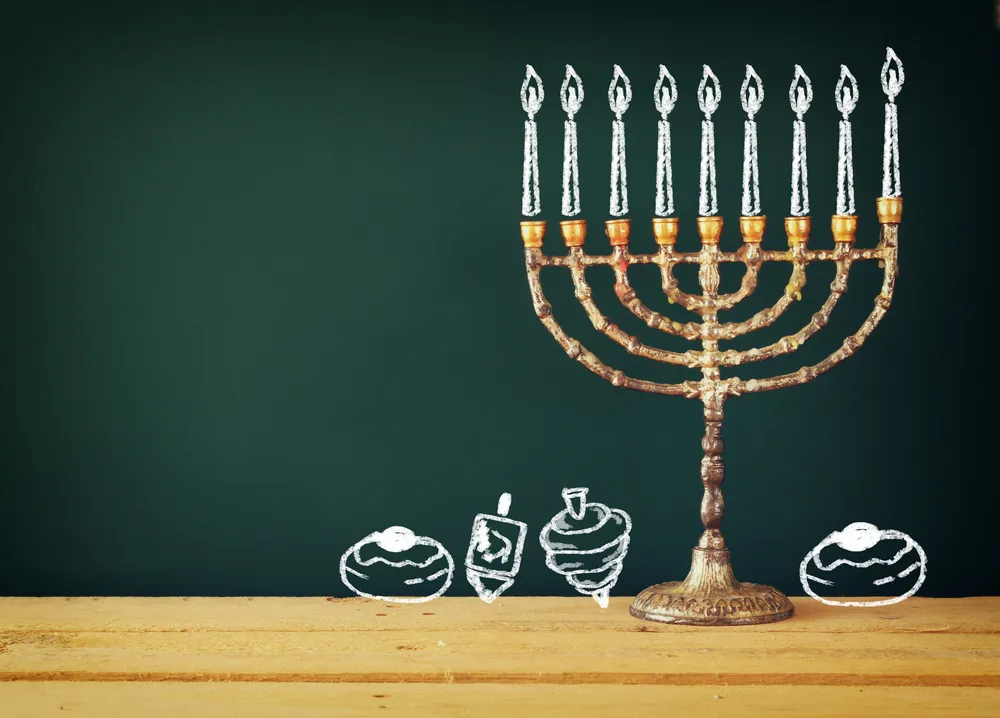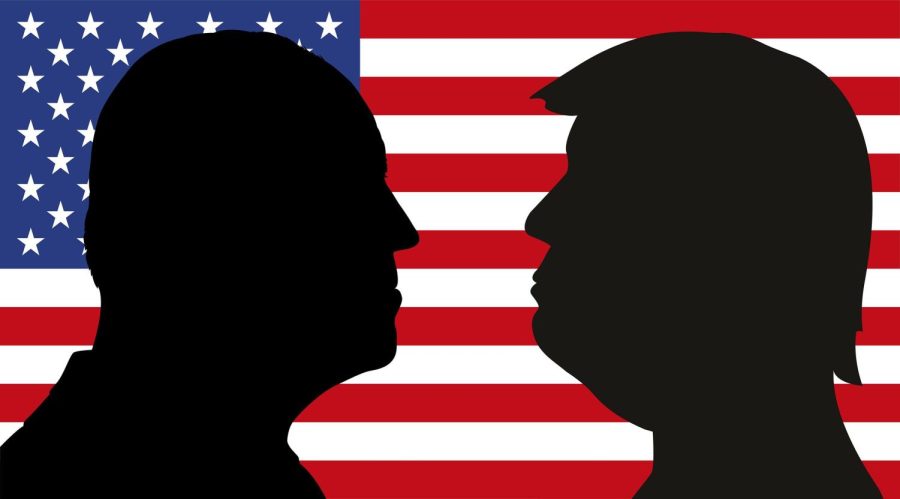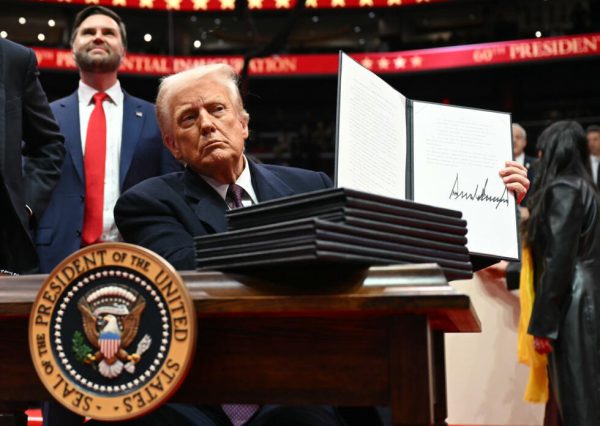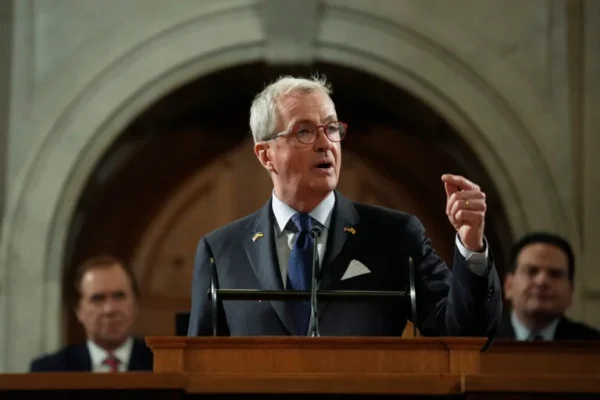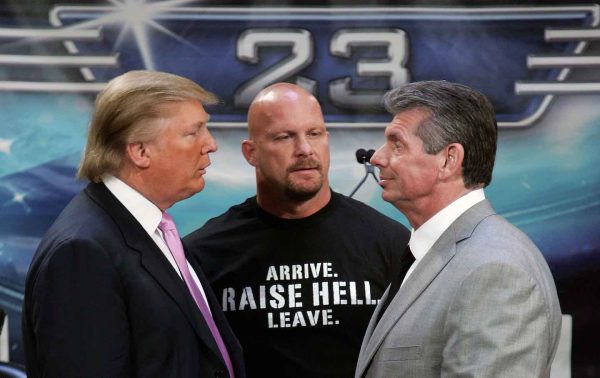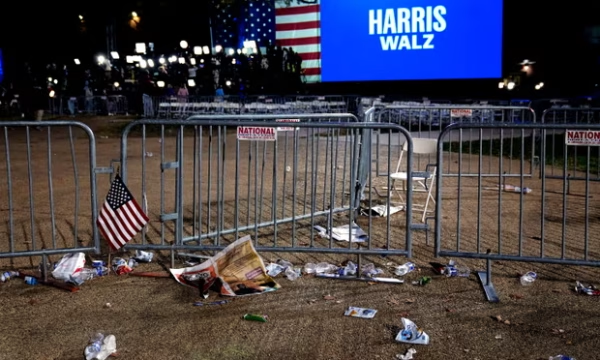Political Duels Create Election Trouble
American politics is riddled with ideological warfare and deep polarization. The days of centrism are over, we now live in a time where each parties’ views can only be described as the opposite of the others. Working across the aisle has become a political goal of the past and has grave consequences for the state of the country.
Political polarization has not come out of nowhere; it can actually be explained by a whole host of causes, mass media, the strict two party system, and even gerrymandering. For example, look at our own newspaper The Pioneer. Although open to all political voices and opinions with the goal of being unbiased, given our left leaning and ideologically iberal town, a reader would have to do a deep dive to find one article that’s pro life, praising Former Governor Christie or Former President Trump. This same issue applies to many news sites and media outlets, small or large.
Either consciously or unconsciously we create “media bubbles” where based on the way we report we limit diversity of political thought and therefore push our readers farther away from opposing point of view. We present acts in a way that supports our views. As a former politics editor of The Pioneer, I covered the 2020 debates between Trump and Pence and Biden and Harris. Although I attempted to be unbiased, my own left views often interject themselves into the way I write and report. If a reader is conscious of this slant, they can often disregard it and form their own opinion, but if not they are likely to be influenced by the tone of the information presented and shift their views accordingly.
Polarization creates problems not just for individuals, but our country’s ability to work effectively and harmoniously. The ample amount of information available through television, radio, and social media has given Americans so many opportunities to inform themselves with political issues, but have now become the center of misinformation and inequity.
The biggest fight for today’s political duel is election equality and voting rights.
In an effort to make elections equitable through making Election Day a federal holiday and creating a criminal penalty for interfering with a citizen’s ability to register to vote or vote, Democrats worked to craft the Freedom to Vote bill from the failed For the People Act.
The biggest Democratic threats to the passing of the bill were Sens. Tim Kaine (D-Va.), Jeff Merkley (D-Ore.) Jon Tester (D-Mont.) and Joe Manchin (D-W.Va.), all of which were not in support of the previous For the People Act introduced by Representative John Sarbanes (D-MD).
Democrats feel an urgency to pass a law for voting rights because “The Brennan Center for Justice… found in a report released earlier this month that 19 states have enacted 33 laws that will make it harder for Americans to vote.” If this pattern continues throughout the country it presents a great opportunity for Republicans to dominate in Congress and win the 2024 Presidential election.
Those who vote for Democrats like Black and urban communities are hurt most by difficulty voting, which has further pushed Republicans against the cause.
Jordain Carney’s The Hill article, “GOP blocks Senate Democrats’ revised elections bill,” highlights the reasons why Democrats have been unsuccessful in their attempts to pass the Freedom to Vote bill; “needing 10 GOP votes… [and] total unity from the 50-member Senate Democratic caucus.”
Republicans have been in staunch opposition to voting rights laws and conversely to most Democrats do not believe that they are currently inequitable. The Senate GOP Leader Mitch McConell has spearheaded the Republican effort to stop the bill passing, calling it an “election takeover scheme” and wants to “stop terrible ideas in their tracks.” McConnell echoes the voices of the other Republican senators which has brought Democrats to a defeat.
Elections are a critical part of democracy, and the battle between Democrats who generally feel voting access is a threat to democracy and Republicans have continued to deny any claims. Regardless of what is true about voting legislation in America, this standstill will rot away any democracy faster than any bill can.













































